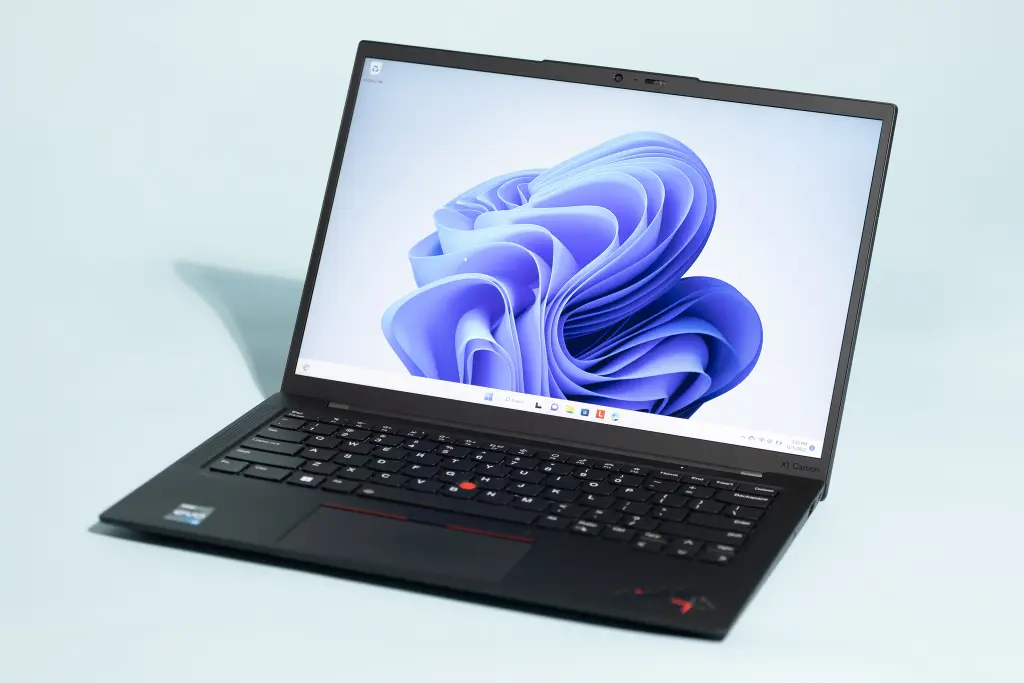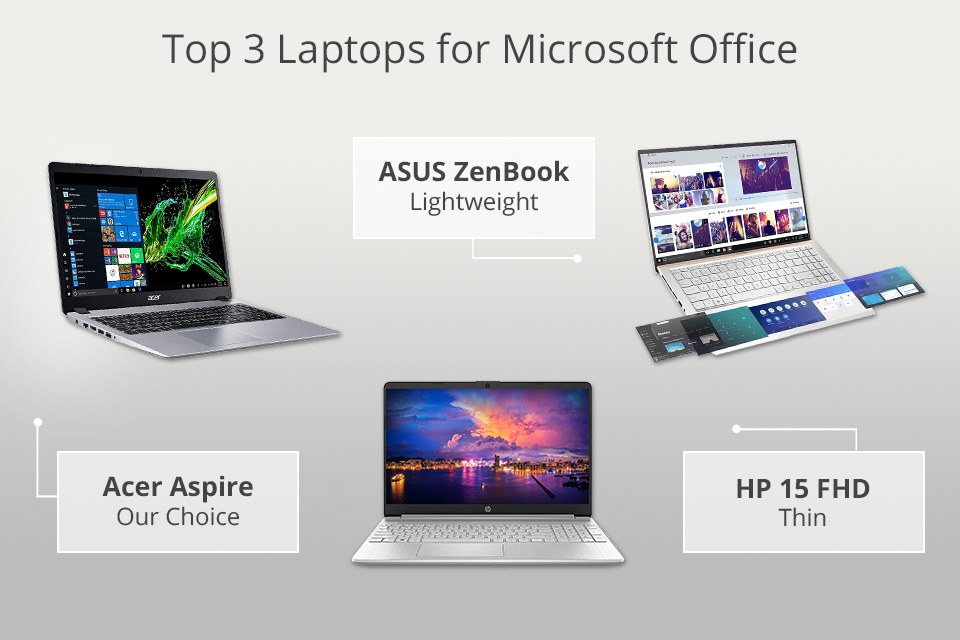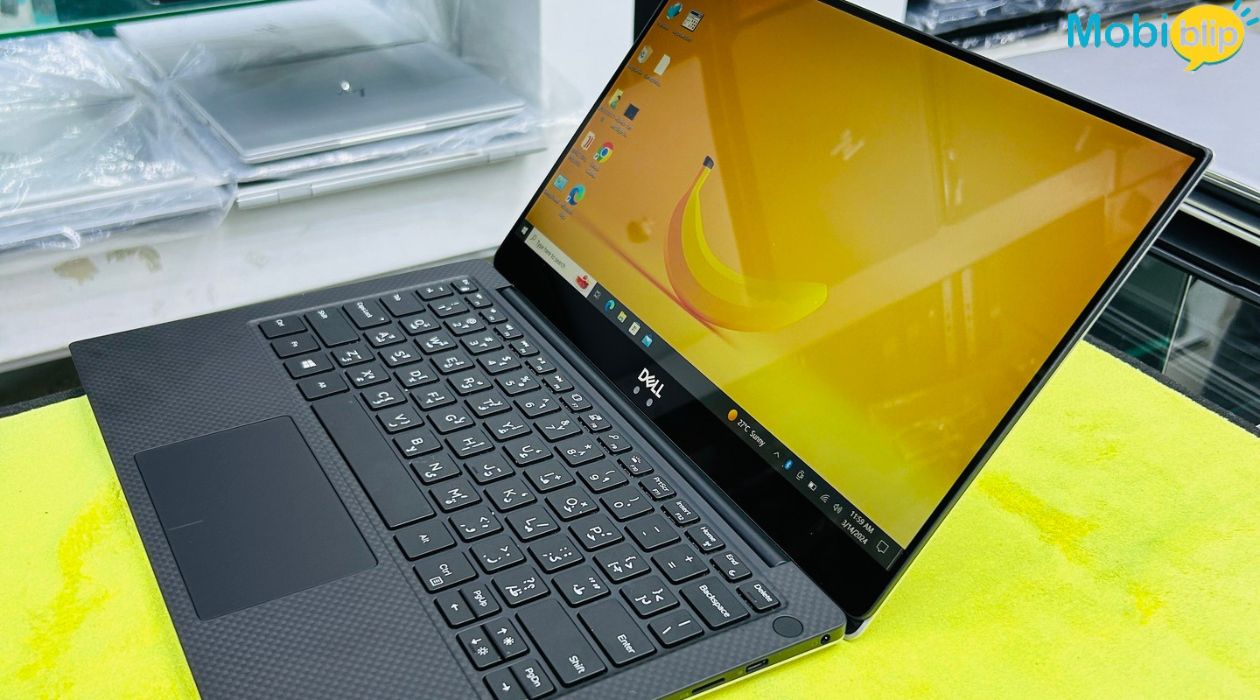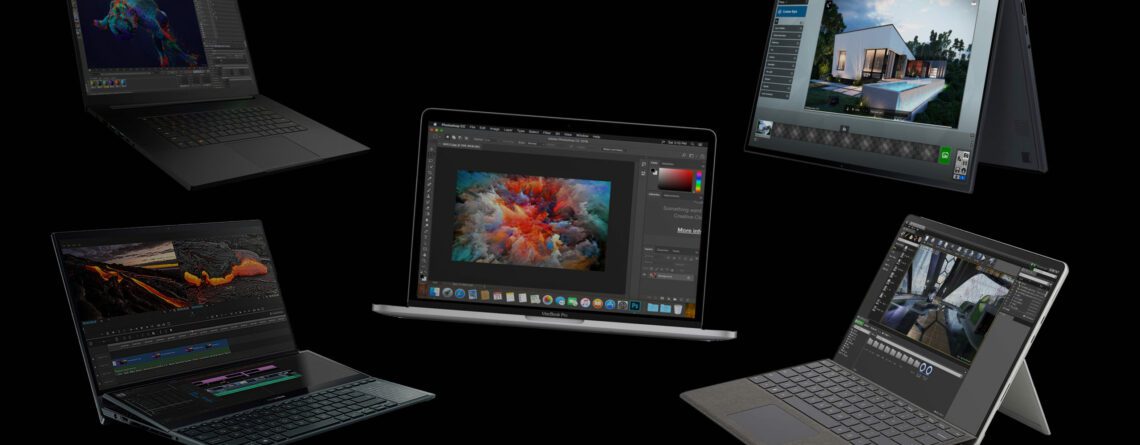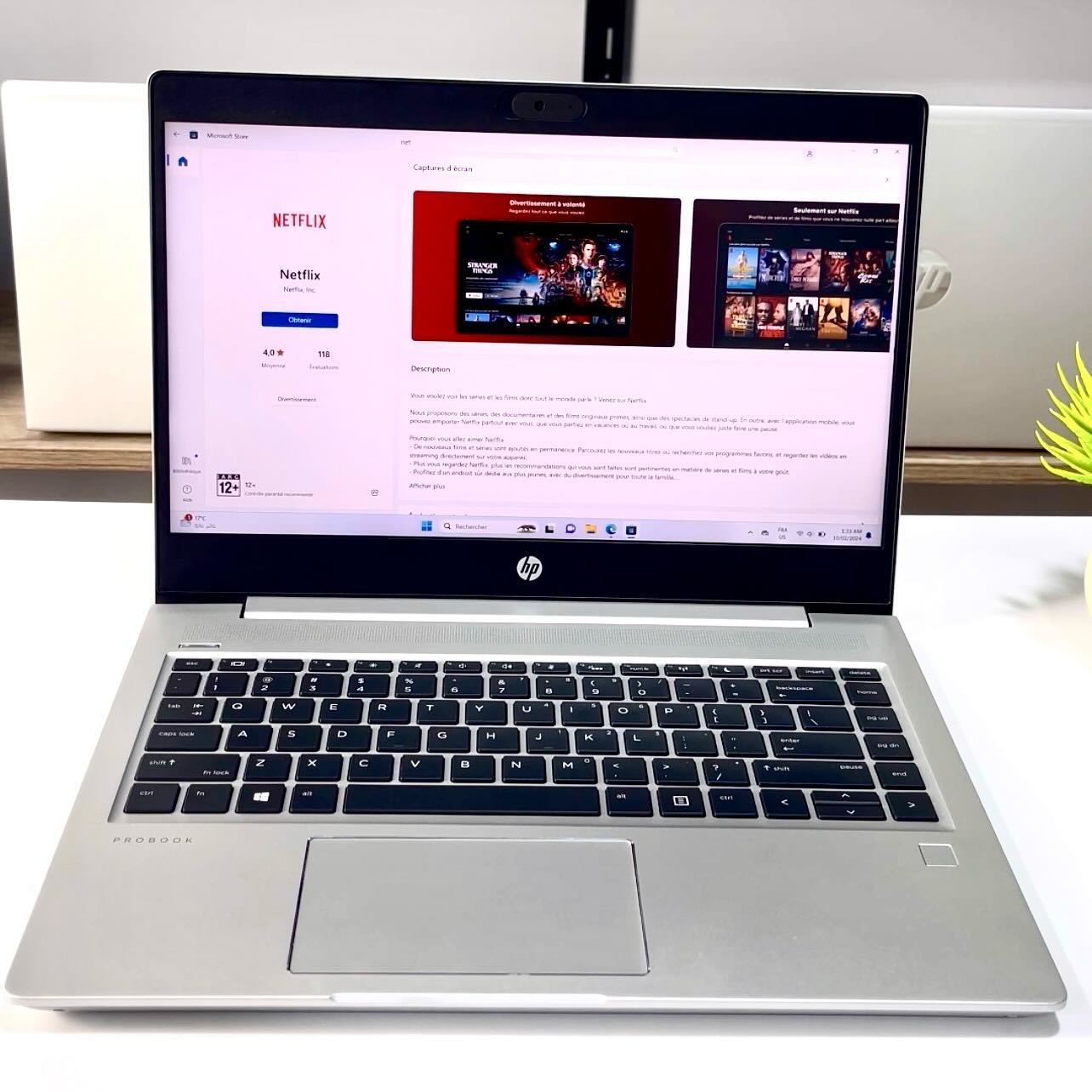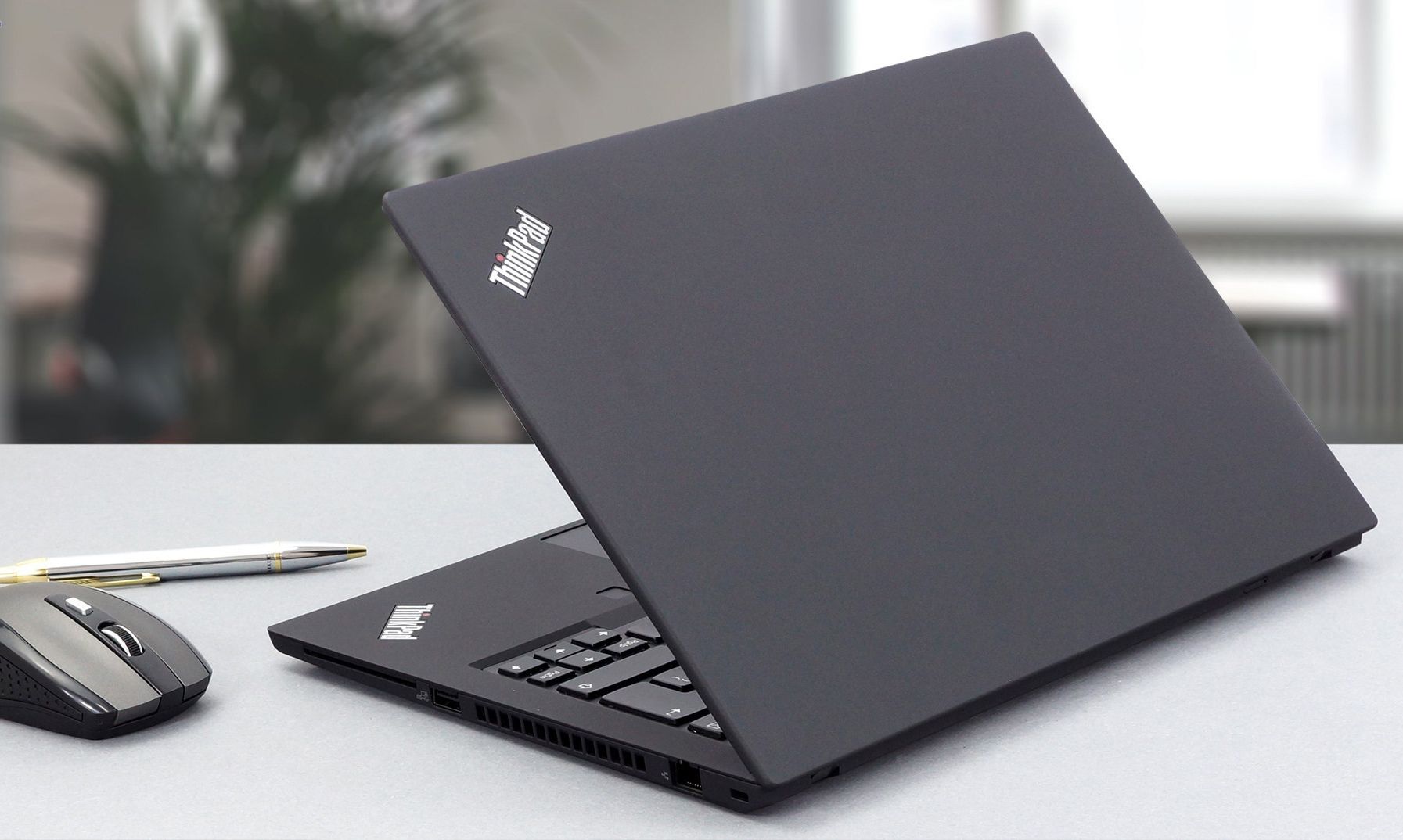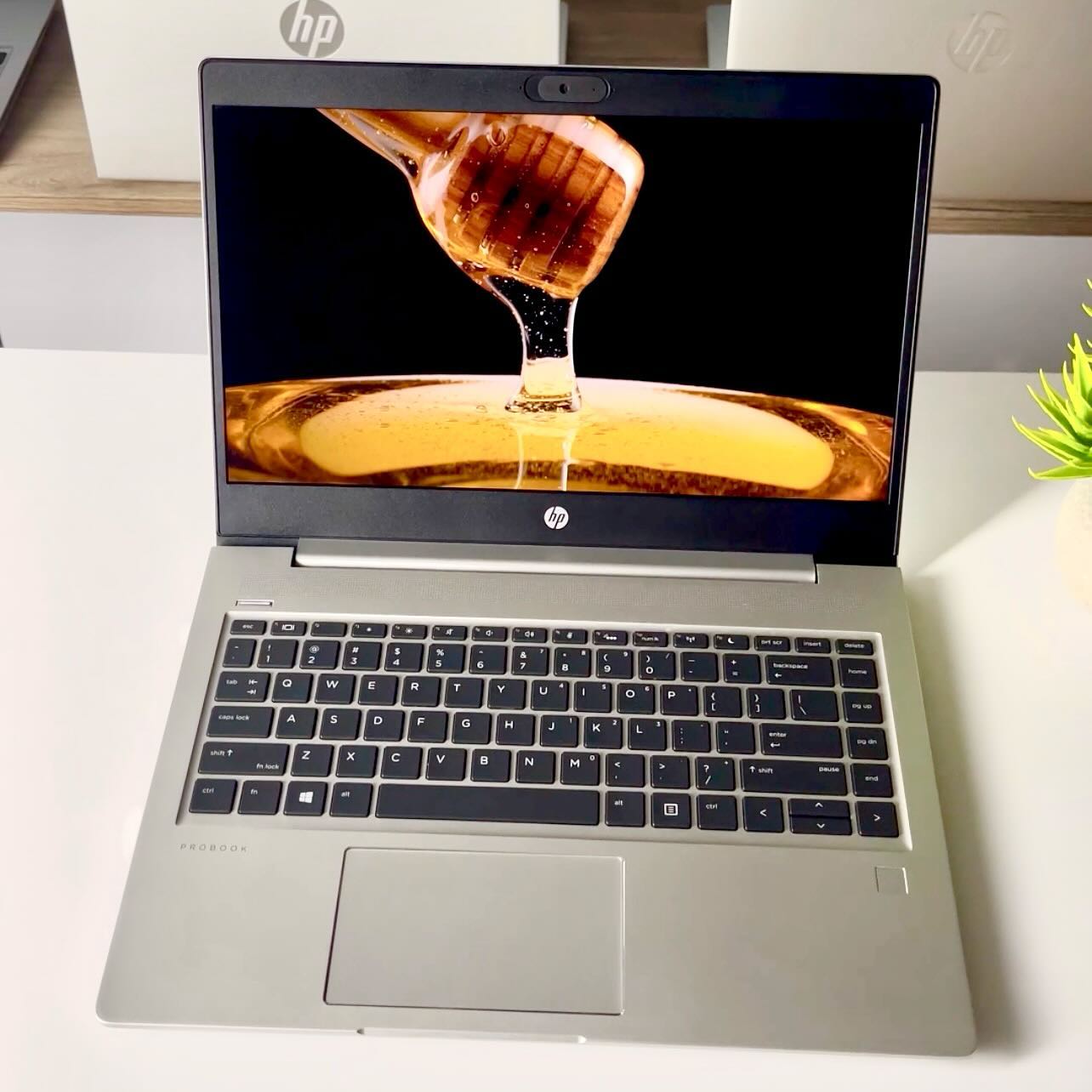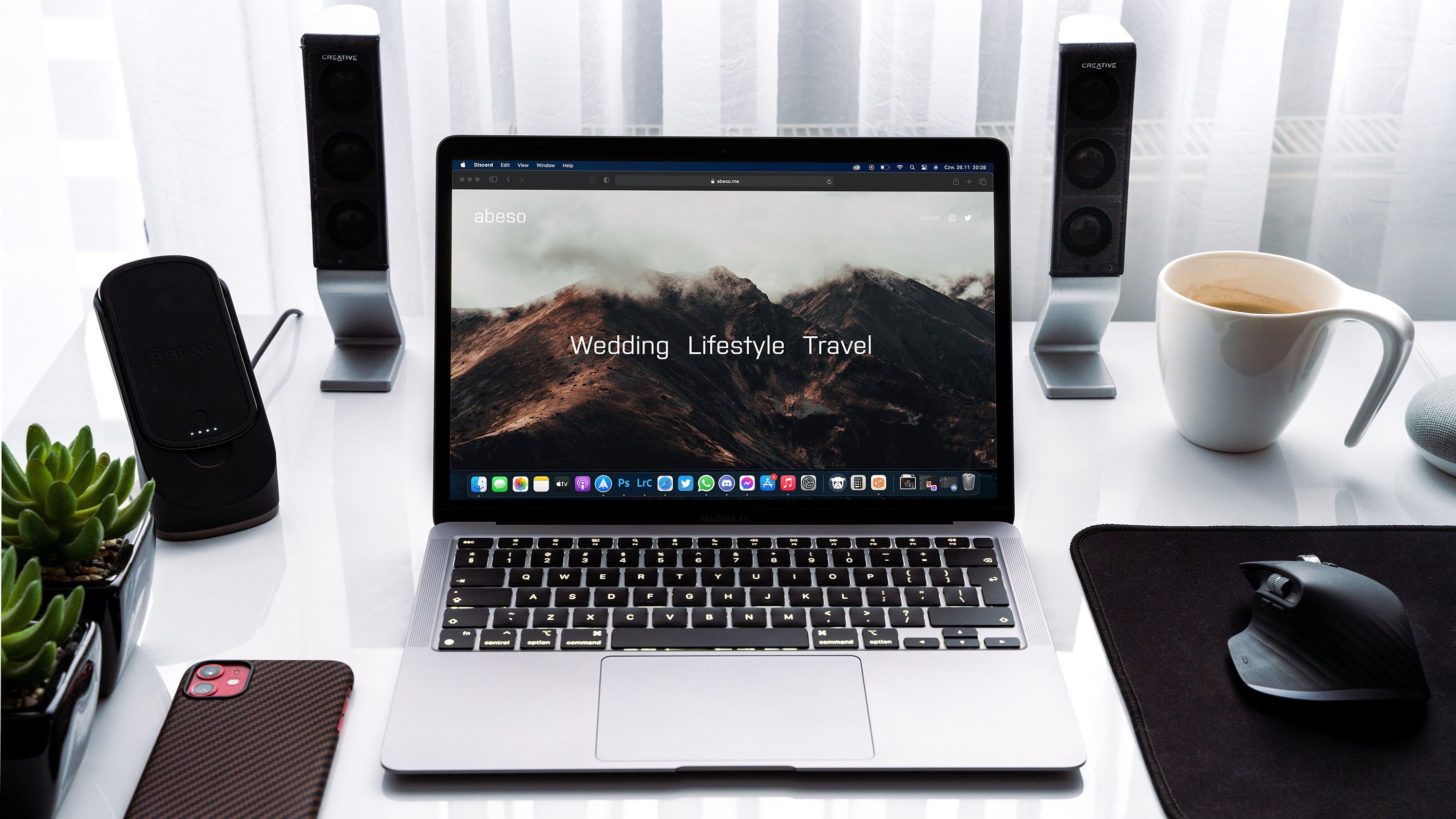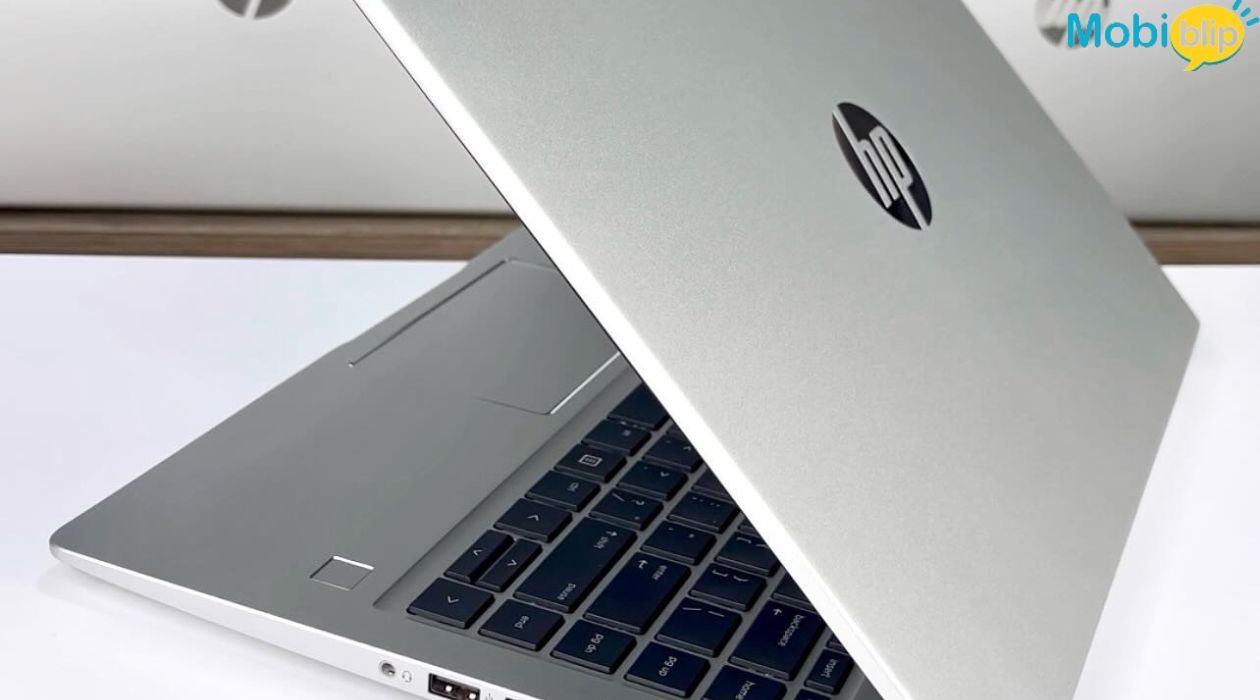Best Laptops For Office Work
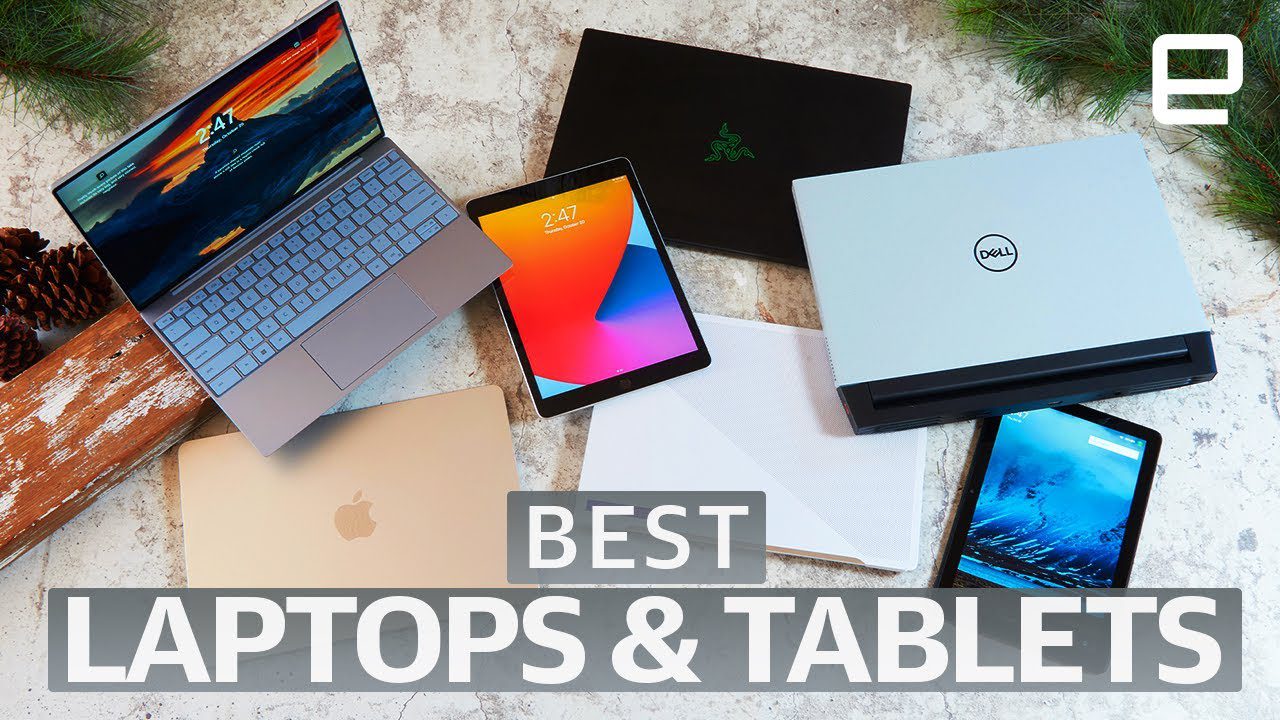
So, you're finally taking the plunge and investing in a laptop for your office work? Welcome! Choosing the right laptop can feel overwhelming, especially with so many options flooding the market. This article is designed for first-time buyers like you, cutting through the jargon and offering clear, actionable advice to help you find the perfect work companion.
Why does the right laptop even matter? Simple: productivity. A sluggish, unreliable machine can turn even simple tasks into frustrating ordeals. A good laptop empowers you to work efficiently, comfortably, and ultimately, helps you achieve your goals.
Top 5 Laptops for Office Work: A Head-to-Head Comparison
Here's a quick look at some of the top contenders, comparing key features to help you narrow down your choices.
| Model | Price (USD) | Processor | RAM | Storage | Warranty |
|---|---|---|---|---|---|
| Dell XPS 13 | $999 | Intel Core i5 | 8GB | 256GB SSD | 1 Year |
| Apple MacBook Air (M1) | $899 | Apple M1 | 8GB | 256GB SSD | 1 Year |
| Lenovo ThinkPad X1 Carbon Gen 9 | $1299 | Intel Core i7 | 16GB | 512GB SSD | 3 Years |
| HP Spectre x360 14 | $1199 | Intel Core i7 | 16GB | 512GB SSD | 1 Year |
| Microsoft Surface Laptop 4 | $899 | AMD Ryzen 5 | 8GB | 256GB SSD | 1 Year |
Detailed Reviews: Unpacking the Best
Dell XPS 13: The All-Rounder
The Dell XPS 13 consistently ranks among the best laptops for a reason. Its sleek design, powerful performance, and stunning display make it a joy to use. It's a great option for anyone who needs a portable and reliable machine for everyday office tasks.
However, the price can be a barrier for some, and the lack of ports might require dongles.
Apple MacBook Air (M1): The Efficiency Champion
The Apple MacBook Air (M1) revolutionized the laptop market with its incredible performance and battery life. Powered by Apple's own M1 chip, it handles demanding tasks with ease while staying cool and quiet. It's ideal for users who value portability and long battery life.
Keep in mind that macOS might have a learning curve if you're used to Windows. Also, repairs can be expensive.
Lenovo ThinkPad X1 Carbon Gen 9: The Business Professional
The Lenovo ThinkPad X1 Carbon Gen 9 is built for serious work. Its durable construction, excellent keyboard, and top-notch security features make it a favorite among business professionals. The longer warranty provides extra peace of mind.
It's often more expensive than other options, and the design might be considered less stylish by some.
HP Spectre x360 14: The Versatile Convertible
The HP Spectre x360 14 offers the flexibility of a 2-in-1 laptop, seamlessly transitioning between laptop and tablet modes. Its vibrant display and powerful performance make it a great choice for creative tasks and presentations. The included stylus adds even more functionality.
The battery life is good, but not quite as impressive as the MacBook Air. The 2-in-1 design can add some bulk compared to traditional laptops.
Microsoft Surface Laptop 4: The Windows Native
The Microsoft Surface Laptop 4 delivers a clean and intuitive Windows experience. Its sleek design, comfortable keyboard, and responsive touchscreen make it a pleasure to use. It's a great option for users who are deeply invested in the Microsoft ecosystem.
The port selection is limited, and upgrading internal components can be difficult. The Alcantara fabric on some models can be prone to staining.
Used vs. New: Weighing the Options
Buying a used laptop can save you a significant amount of money. However, it comes with risks. The battery life might be diminished, and there's a chance of hidden problems.
Pros of Used: Lower price, eco-friendly. Cons of Used: Unknown history, shorter lifespan, no warranty (usually).
A new laptop offers peace of mind with a warranty and the latest technology. But it requires a larger initial investment.
Pros of New: Warranty, latest technology, brand new condition. Cons of New: Higher price.
Reliability Ratings by Brand
While individual models can vary, some brands have a better reputation for reliability than others. Apple and Lenovo are generally considered highly reliable. Dell and HP are also good choices, but may have more variation depending on the specific model. Microsoft Surface devices can be stylish and perform well, but repair costs can be higher if needed.
Checklist: 5 Must-Check Features Before Buying
- Processor: Consider your workload. For basic office tasks, an Intel Core i5 or AMD Ryzen 5 is usually sufficient. For more demanding tasks, look for an Intel Core i7 or AMD Ryzen 7.
- RAM: 8GB of RAM is the minimum for smooth multitasking. 16GB is recommended for more demanding users.
- Storage: An SSD (Solid State Drive) is essential for fast boot times and application loading. 256GB is a good starting point, but 512GB is preferable if you work with large files.
- Display: Choose a display that is comfortable for your eyes. A resolution of 1920x1080 (Full HD) or higher is recommended. Consider screen size based on your portability needs.
- Keyboard: Test the keyboard if possible. A comfortable keyboard is crucial for long hours of typing.
Summary
Choosing the best laptop for office work requires careful consideration of your individual needs and budget. We explored top models like the Dell XPS 13, Apple MacBook Air (M1), Lenovo ThinkPad X1 Carbon Gen 9, HP Spectre x360 14, and Microsoft Surface Laptop 4. Each laptop offers a unique blend of performance, features, and price.
We've also weighed the pros and cons of buying used versus new, and discussed brand reliability and key features to look for. Consider everything discussed in this article to make the best decision.
Ready to Find Your Perfect Laptop?
Now that you're armed with the information you need, take the next step! Visit your local electronics store, read more reviews online, and compare prices. Finding the right laptop is an investment in your productivity and comfort. Don't rush the process, and choose wisely!

